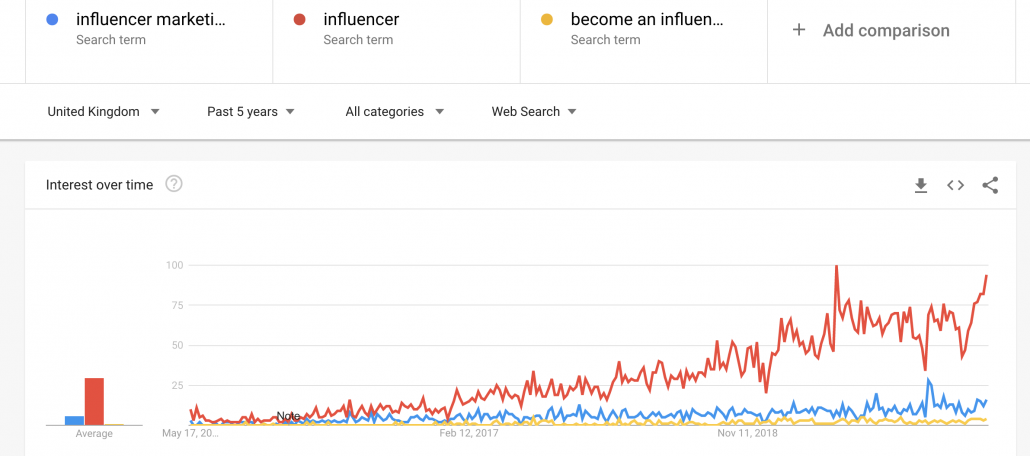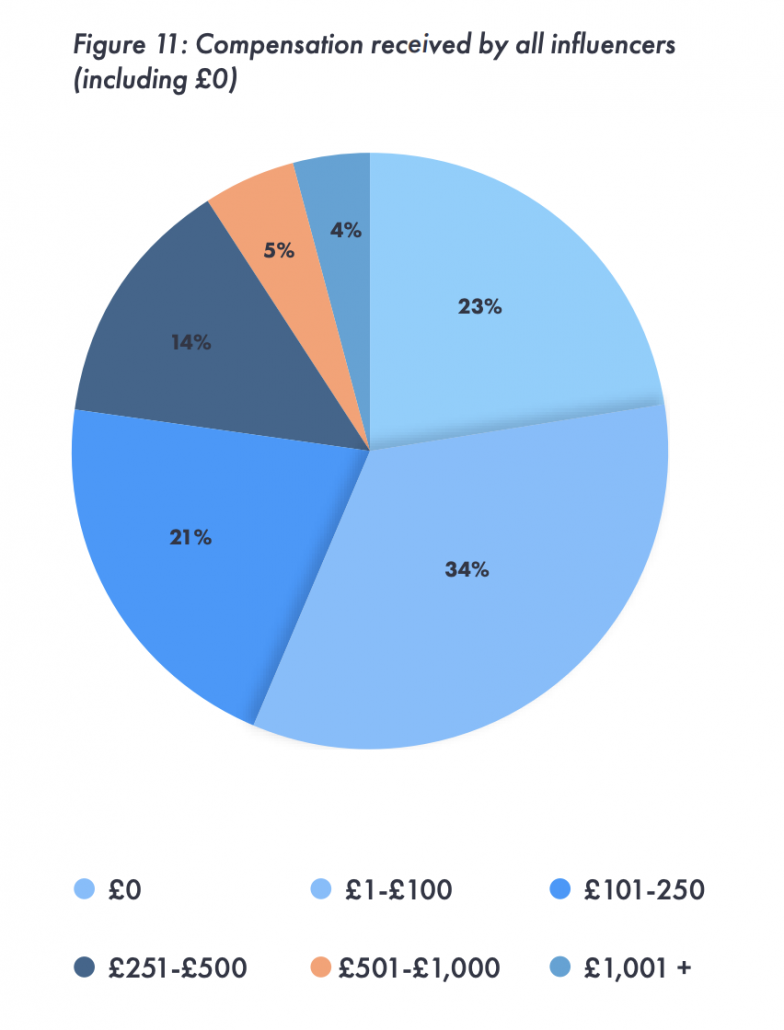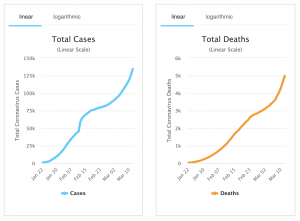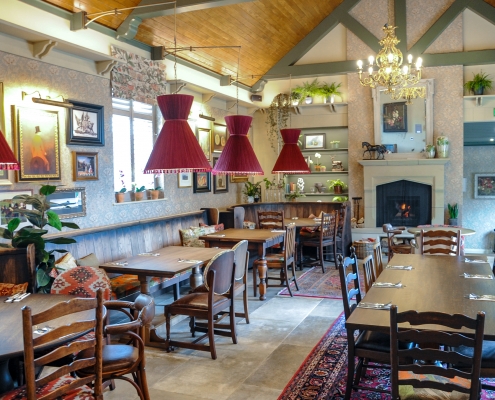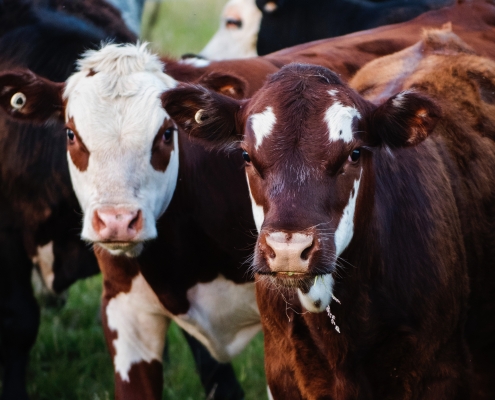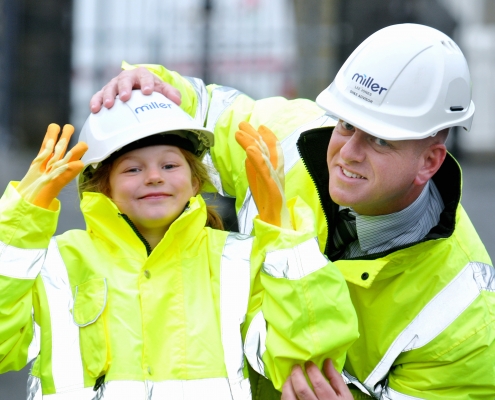WORKING WITH INFLUENCERS IN 2020: EVERYTHING YOU NEED TO KNOW
According to the annual UK influencer survey, a yearly research piece published by Vuelio in partnership with the Canterbury Christ Church University, there has been a year on year increase in the amount of earned and average income of influencers in the UK – this includes bloggers, vloggers and instagrammers. Today, we wanted to talk to you about working with influencers in 2020, covering:
- The state of influencer marketing in 2020
- How to work with influencers
- Why you should work with influencers
The State Of Influencer Marketing In 2020
According to the findings mentioned above, around 1 in 5 influencers say that it is their main source of income, this is twice as many as in 2016. This tells us that the influencer marketing industry is on the rise, and therefore is still – as ever – a profitable means of generating publicity for your brand (if utilised correctly, which we’ll cover further down).
A quick look at Google Trends will also tell you all you need to know about the state of influencer marketing over the past years, ending of course, at the present day in 2020.
Unprecedented growth in this industry means that influencer marketing is certainly a channel you should be considering in your wider communications strategy, if it suits your brand.
Influencers are operating on a number of channels, the most popular being blogs, but also across social media on Instagram, Facebook, Youtube and even TikTok. The average number of accounts that an influencer runs at any one time is 5, so there’s often a great chance that your brand will be seen by a vast audience and through a variety of media types.
The report from Vuelio also tells us that influencers are posting more frequently than ever before, with the highest percentage of survey respondents saying they post 5 or more times a week – meaning there’s plenty of opportunity for sponsored content for marketers and brands.
Working With Influencers: What Do You Need To Do?
If you’re a brand owner, working with influencers could be a golden opportunity. But how do you work with influencers? There are a few grounds rules that you should follow…
-
Do your research
Before going out on a whim, do some background research into what kind of influencers you want to promote your product or service. Be mindful, though. Googling ‘fashion influencers’ will often turn up the most popular influencers out there, but these people tend to charge thousands for a single post, that’s if they’ll even consider your brand – if you’re just dipping your toe into influencer marketing, you’ll want to find more mid-tier accounts that have a loyal following but that won’t cost the earth to utilise. You can do this by looking through Instagram and in Facebook groups, or better yet, work with a PR agency with experience in working with influencers, and tell them your goals.
-
Target the right audience
Be sure that firstly, your brand suits influencer marketing (you can determine this by cross referencing your target audience against demographics of different social media channels). Then, you’ll want to utilise influencers who are based in your niche. The most popular areas of influencer marketing are fashion and beauty, travel and lifestyle – if your brand fits into these sectors than working with influencers is certainly an avenue worth exploring.
-
Make sensible offers
Vuelio’s UK influencer survey found that most influencers received between £1 and £100 per sponsored post, and over half of influencers said they would reject a pitch due to lack of sufficient compensation. Most influencers will promote a product or service for a fair price so long as it is relevant to them. However, you do risk harming relationships if you do not make a sensible offer. Brands will pay influencers different amounts depending on the type of content required, and to answer the question: “can I work with influencers for free?” the answer is yes, sometimes. According to Vuelio, 23% of influencers have produced branded content without any compensation, mainly because the pitch sent to them from brand or PR added value to their audience. Just be careful and considerate when making contact for the first time.
-
Set goals and follow them
As with any type of marketing, you’ll want to set goals and use KPIs to track them. What do you want to achieve with your influencer marketing? Is it sale of products, brand recognition or simply just more traffic to your website? Once you have defined what you want to achieve from working with influencers, you’ll then be able to work with them on a method that best suits you. It could be a social media post, a sponsored blog or even an Instagram takeover.
Why Should You Work With Influencers?
If your influencer marketing strategy is spot on, then working with influencers can be an invaluable experience for your brand. Why?
- It can help to grow your following on social media channels
- It creates endorsements for your products or services
- It can drive traffic to your website or social media pages
- It can result in sales of your product of service
- It can create testimonials for your brand that can be used at a later date
- It can help build your brand image and by creating a positive association with a prominent person
- It can help reach your target audience in a new and exciting way
- It can help find a new audience of potential consumers for your brand
For assistance with your influencer marketing strategy, call us on 01829 720 789 or send us a message for a free consultation, we have affluent experience in working with influencers and will help you open your brand to this modern way of marketing.

